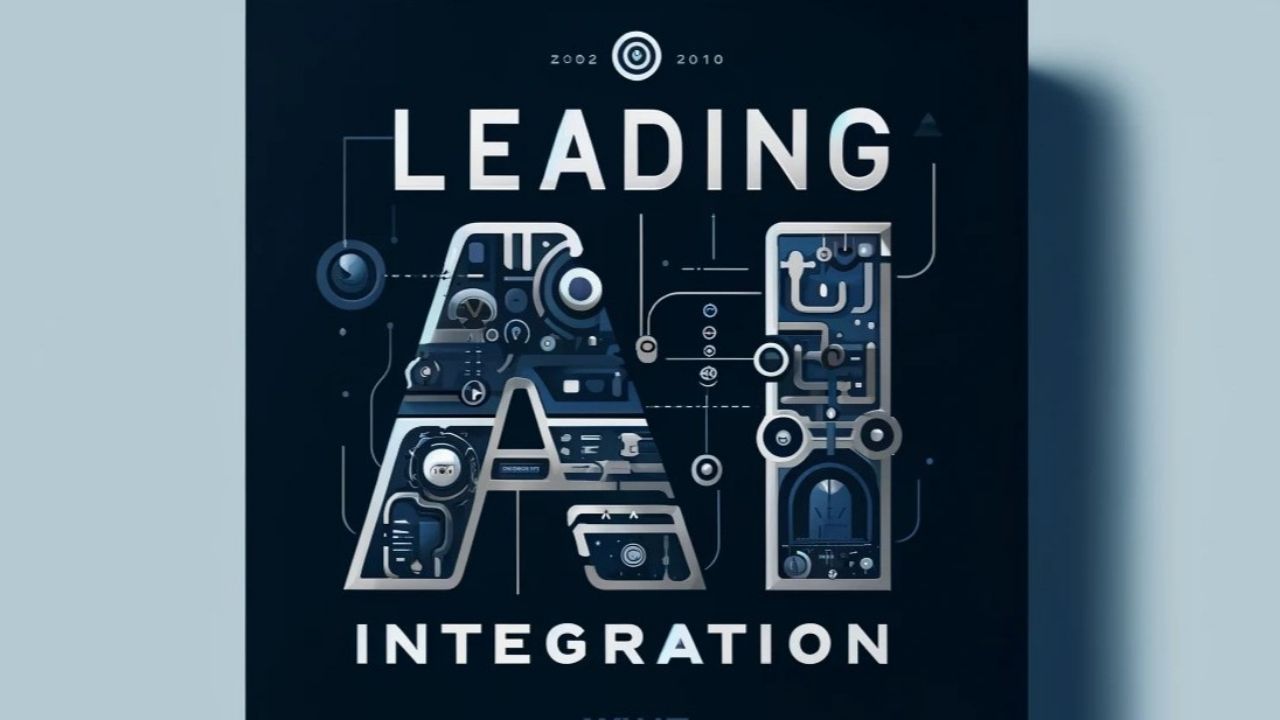AI in Business: Why Leadership Matters More Than Technology

Inspired by insights from Chief Executive’s article, “AI: The CEO’s Role”.
Introduction: The Real AI Challenge Is Leadership, Not Technology
A few months ago, I spoke with a CEO who was thrilled about AI. He had just invested in AI-powered analytics, convinced it would streamline operations and drive better decision-making. But within months, frustration set in—his team wasn’t using the technology effectively. Some employees resisted it, fearing it would replace their roles. Others relied on it too much, blindly accepting AI-generated insights without questioning their accuracy.
That’s when he realized: AI itself wasn’t the problem—the real challenge was leadership.
I’ve been in executive search for 24 years, and I’ve seen this pattern before. Companies rush to implement the latest technology, only to struggle when their workforce isn’t prepared for the change. AI isn’t a magic wand—it’s a tool. And just like any tool, its impact depends on the people using it.
It’s Not Just AI—It’s the People Who Use It
The companies that truly win with AI don’t just install new software and hope for the best. They focus on building the right leadership team and creating a culture that embraces change.
1. Hiring Leaders Who Know AI Is a Tool, Not a Replacement
AI doesn’t replace great leadership—it enhances it. Yet, I’ve seen too many executives assume AI will make decision-making automatic. It won’t. AI can process data at lightning speed, but it lacks human intuition, creativity, and the ability to navigate nuance.
The best leaders understand how to use AI without letting it take over. They ask the right questions, challenge AI-driven insights, and ensure human judgment remains at the center of decision-making.
2. Creating an AI-Ready Culture
You can’t just roll out AI and expect employees to embrace it overnight. Change is hard, and AI is intimidating for a lot of people. The most successful companies I’ve worked with follow a few key strategies:
- They communicate AI’s role clearly. Employees need to understand AI isn’t here to replace them—it’s here to help them do their jobs better.
- They provide hands-on training. Learning how to use AI tools takes time, and leaders need to invest in upskilling their workforce.
- They encourage experimentation. Employees should be able to test AI applications in low-risk settings before full-scale implementation. This builds confidence and trust.
AI Can’t Replace Human Judgment
One of the biggest mistakes I see companies make? Over-relying on AI and sidelining human expertise.
- AI doesn’t always get it right. A Harvard Business Review study found that companies balancing AI with human oversight see a 28% higher success rate. Why? Because AI is only as good as the data it’s trained on, and that data can be flawed, biased, or incomplete.
- People still need to make the final call. In healthcare, AI can analyze medical records and suggest diagnoses—but no doctor would trust AI alone to determine a patient’s treatment. The same principle applies in business. Leaders must ensure AI serves as a co-pilot, not the pilot.
The Ethics and Risks of AI
With AI adoption growing, business leaders can’t afford to ignore the ethical and legal risks.
- Regulations are catching up fast. The Federal Trade Commission (FTC) is already issuing AI guidance, particularly around hiring and data use. If AI is screening job candidates, analyzing customer behavior, or automating decision-making, companies need leaders who understand the compliance landscape.
- AI bias is real. AI models learn from historical data, which means they can reinforce biases. Companies like IBM are leading the way in AI ethics and transparency, but many businesses are still behind. Leaders must take responsibility for ensuring AI is fair and doesn’t unintentionally discriminate.
Final Thoughts—Finding the Right Leaders for an AI-Powered Future
AI is reshaping business, but technology alone won’t make a company successful—leadership will.
The CEOs who succeed in AI adoption aren’t just asking, “What AI tools should we invest in?”
They’re asking:
- “Do we have the right leadership to integrate AI effectively?”
- “Are we building a culture that embraces AI rather than fears it?”
- “How do we ensure AI enhances, rather than replaces, human expertise?”
As an executive search professional, I know firsthand that hiring the right leadership makes all the difference.
At recruitAbility, we specialize in placing executives who understand AI, digital transformation, and the future of work. If you’re looking to build an AI-ready leadership team or hire the right people to navigate this new landscape, let’s talk.